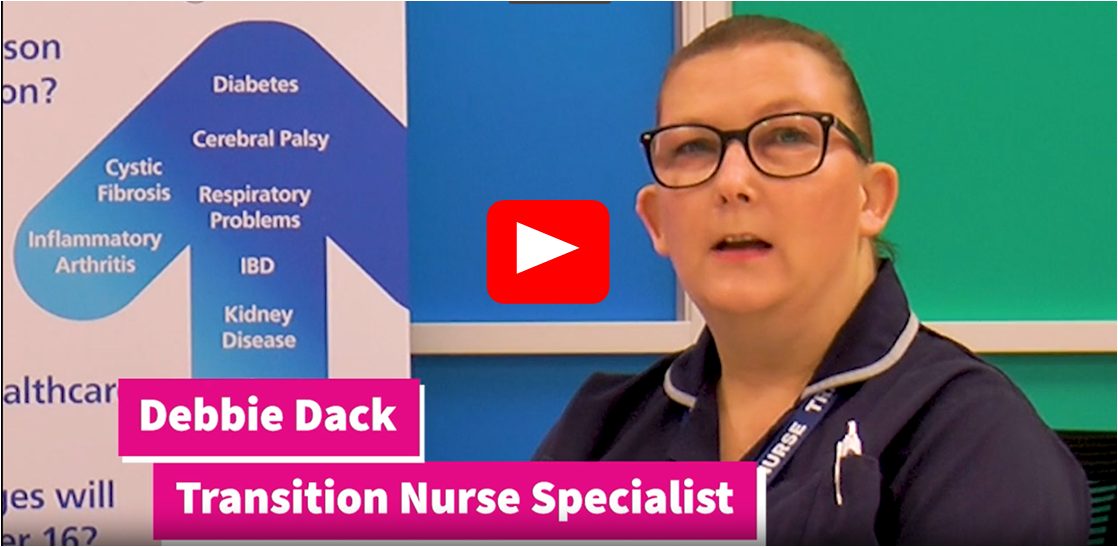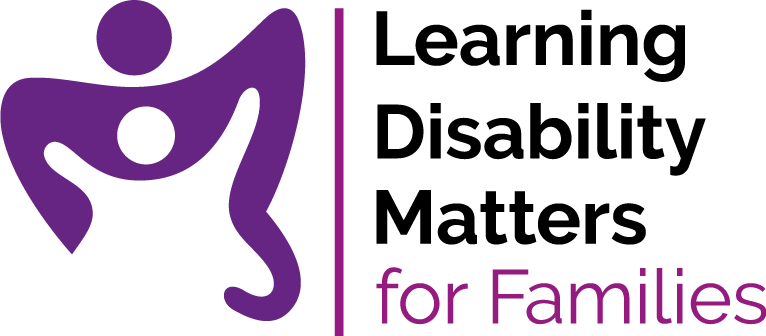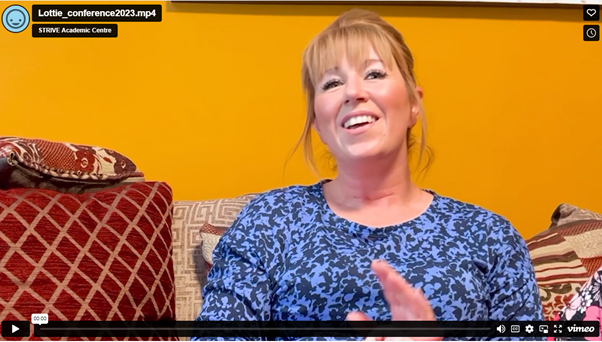Transition from children's to adult healthcare - for parents and carers
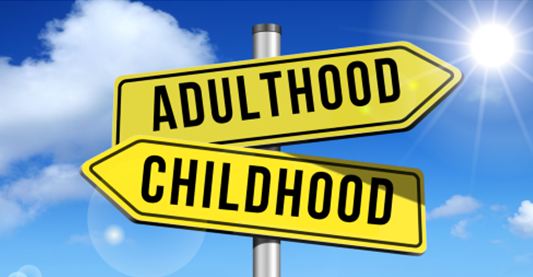
In health care, we use the word ‘transition’ to describe the process of planning, preparing, and moving on from children’s healthcare to adult healthcare.
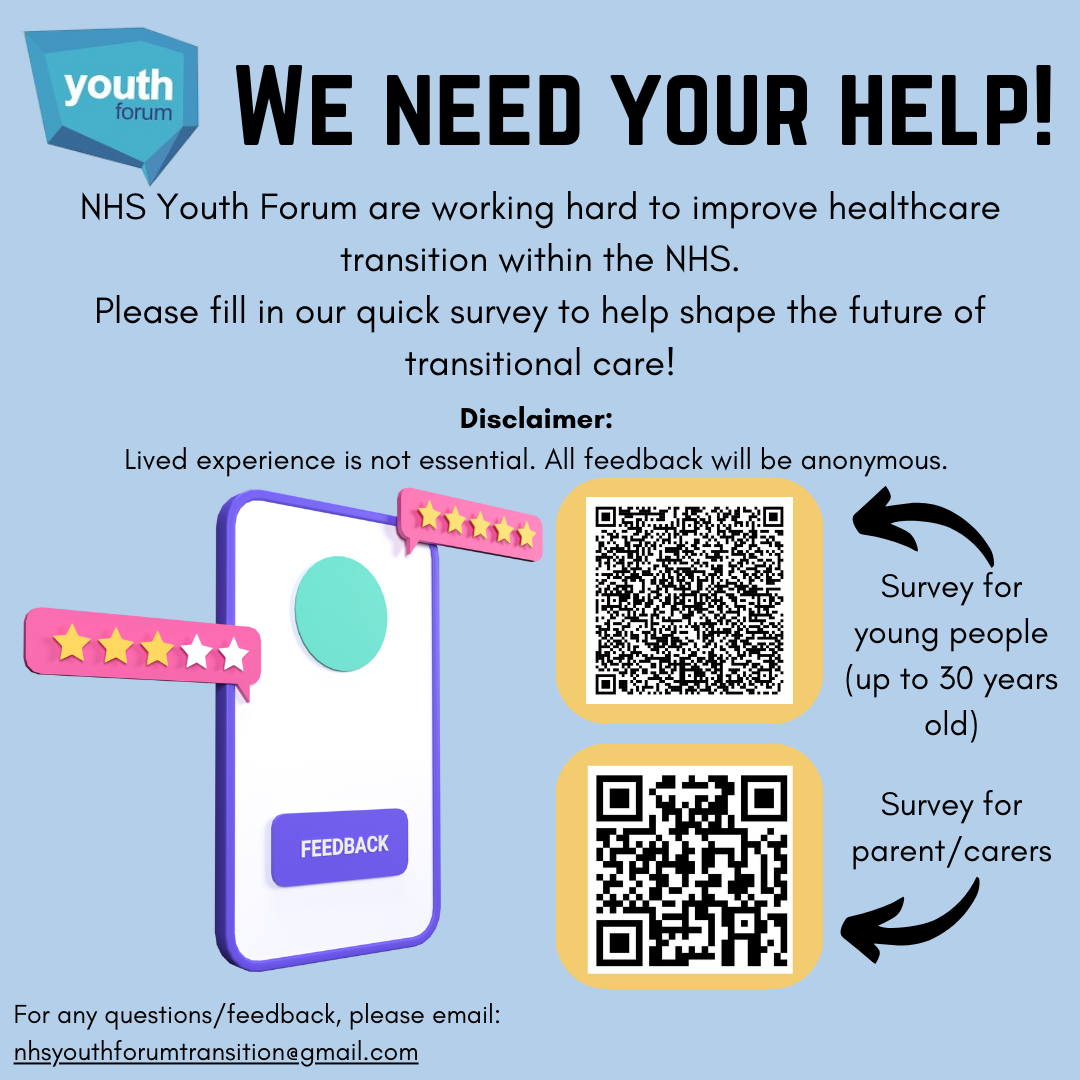
What is transition?
In this short video we hear from Debbie Dack, Transitions Nurse Lead at South Tees NHS Foundation Trust as she explains what transition is and why it is important, when it should happen, what to expect and what to do to help prepare for it.
Transition is a gradual process designed to:
- Ensure that the move from children's to adult services is planned and well-organised
- Empower all young people to manage their healthcare needs and navigate adult health services as effectively as they can
Transition from children’s to adult healthcare takes place in parallel with many other social and developmental changes that occur during adolescence. Perhaps as a result, the process of transition can seem daunting for young people and their families.
In the North East and North Cumbria we are working hard to improve the way in which people are supported through this process. This page provides some of the resources we now have, but we are continuing to work to grow what we can offer you.
Why do young people need to move?
As young people get older, an adult clinic is the best place for them to get the care they need. By the end of the transition process they may feel that they have grown out of children’s services and be glad to move on to a more grown-up setting.
The thought of moving to a new clinic and leaving the team your family are familiar with and have got to know over the years can be difficult. We know from experience that it is a good idea to think of this change as a sign that they are growing up and moving on with the next stages of their lives.
Young people that have made the move to adult services tell us that once they are used to their new teams it is usually fairly easy to settle into the new routine of adult services.
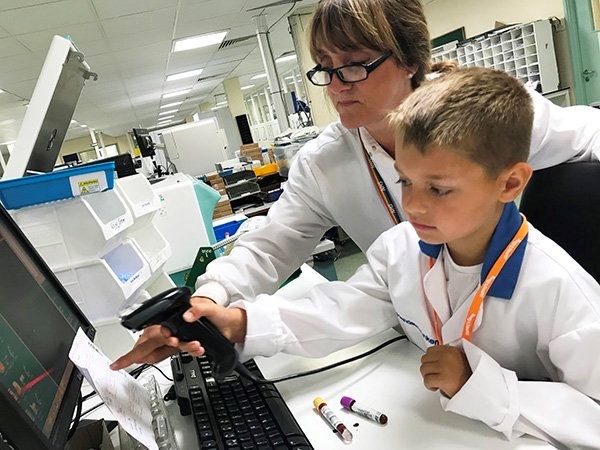
What else can we do to get ready?
The current healthcare team will be able to give you and the person you care for help to prepare them for transition and learn about their condition, treatment and medication.
It might be a good idea to support the young person to practice arranging appointments themselves and maybe start to see the local doctor for any common illnesses to give them a chance to get to know the GP team.
It's a good opportunity to encourage them to practice asking questions during their clinic appointments and maybe start to see the hospital doctors alone without their parents or carers. A good idea is to ask the hospital doctors or nurse specialist about whether there is an option to try a joint appointment with them and the adult service doctors.
How do we know what to expect from adult services?
Part of the transition process is letting the young person know what adult services are like, what to expect and to understand the differences. It is important that you and the young person get an opportunity to discuss things with the doctor or nurse so everyone feels fully prepared.
Some services offer joint clinics with adult services, some offer visits to the adult clinic and wards before moving on.
When will it happen?
Transition discussions should usually start around age 14 but this will depend on the needs of the individual. Active preparation of a move to adult services should continue through to age 16 and ensure you and they have all the information and skills they need to be independent with their healthcare needs.
For children with special educational needs or disability the transition process will be guided by needs of the young person and their family and linked to the services available.
Transfer to adult services usually occurs at any time between age 16 and 19 it is not fixed by age and can be flexible.
If you are a parent or carer of a young person with a learning disability and/or autism they can start accessing their GP for an Annual Health Check after age 14. This will enable the GP to start to get to know the family so you and the person you care for will have a network of support following transition.
All healthcare decisions must be made collectively by the young person and healthcare professional working together. For those who do not have capacity for their choices, or may loose capacity in the future, it is important that the right choices are made.
Mental capacity is the ability to make an informed decision based on understanding a situation, the options available, and the consequences of the decision.
Learning Disabilities Matters for families have created a short film made for parents/carers about the Mental Capacity Act and how it applies as young people approach adulthood.
There are also some useful resources on MENCAP's mental capacity page.
Gillick competency and Fraser guidelines
Gillick competency and Fraser guidelines help people who work with children to balance the need to listen to children's wishes with the responsibility to keep them safe. More information is available on the NSPCC website Gillick competence and Fraser guidelines | NSPCC Learning
Resources to support the rights of children and young people with learning disabilities to reasonable adjustments across settings, so they can enjoy the best of life and reach their full potential - Learning Disability Matters Learning Disability Matters
All healthcare decisions must be made collectively by the young person and healthcare professional working together. For those who do not have capacity for their choices, or may loose capacity in the future, it is important that the right choices are made.
Mental capacity is the ability to make an informed decision based on understanding a situation, the options available, and the consequences of the decision.
Learning Disabilities Matters for families have created a short film made for parents/carers about the Mental Capacity Act and how it applies as young people approach adulthood.
There are also some useful resources on MENCAP's mental capacity page.
Gillick competency and Fraser guidelines
Gillick competency and Fraser guidelines help people who work with children to balance the need to listen to children's wishes with the responsibility to keep them safe. More information is available on the NSPCC website Gillick competence and Fraser guidelines | NSPCC Learning
Resources to support the rights of children and young people with learning disabilities to reasonable adjustments across settings, so they can enjoy the best of life and reach their full potential - Learning Disability Matters Learning Disability Matters
A parent's experience
Lottie's mum shares her experience
Christie, Lottie's mum shares their experience of transition. She gives some useful tips and advice on how things could have been improved for Lottie.
Thank you to Christie and Lottie for sharing their story and for the support to make this available to others via the Healthier Together platform.



